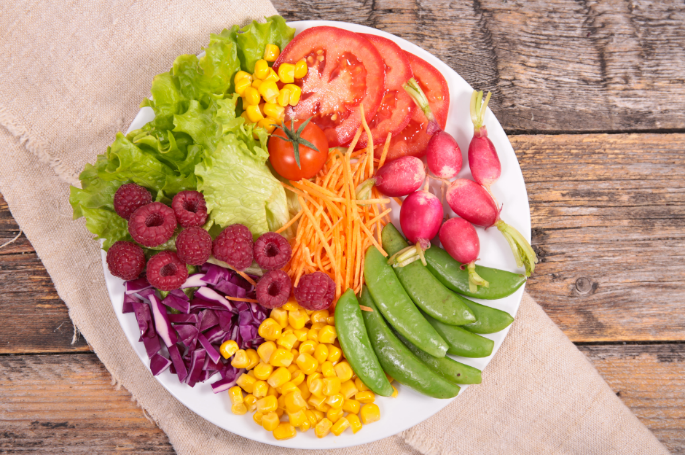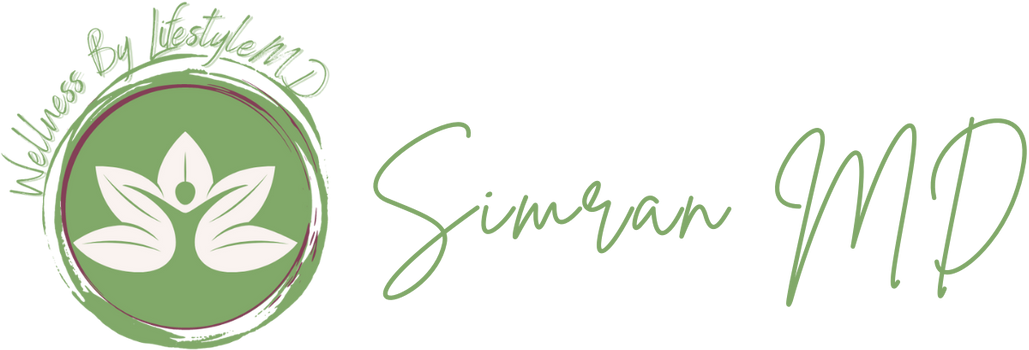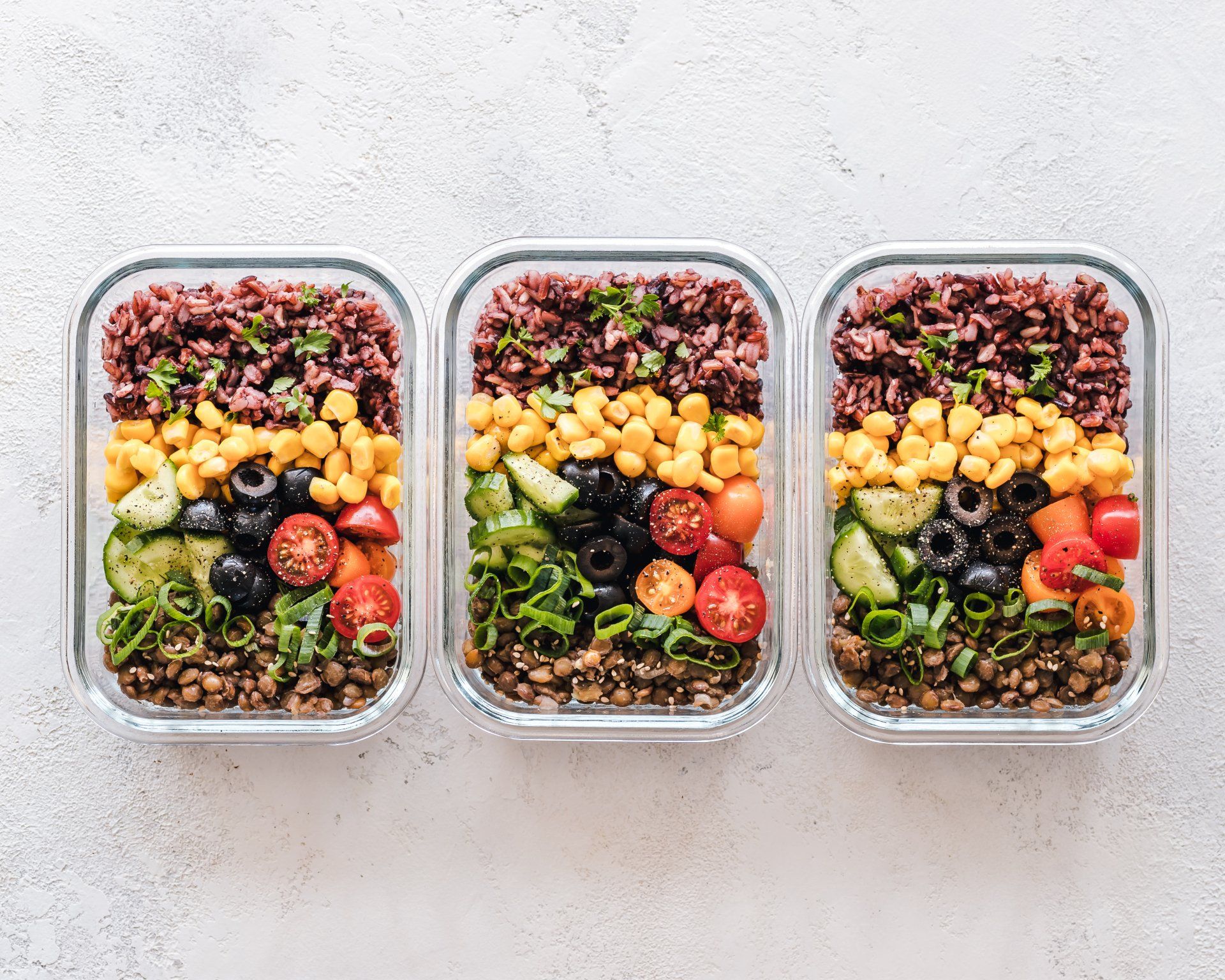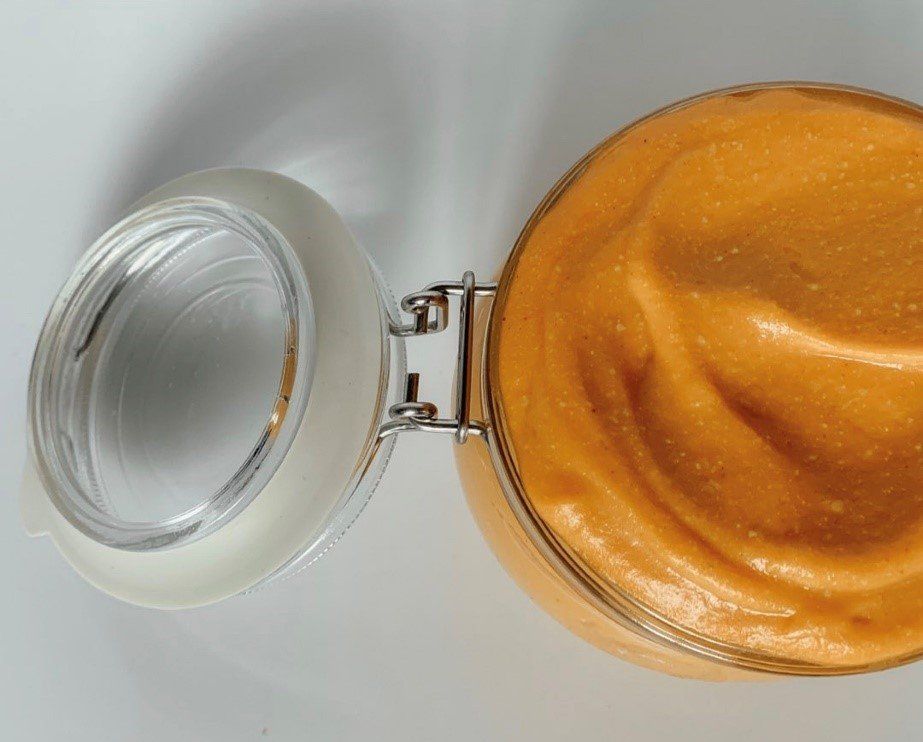555-555-5555
mymail@mailservice.com
5 Key Lifestyle Habits That Fight Inflammation
What determines whether inflammation is good or bad for your body? The answer lies in how long it persists. There are two types of inflammation, the "good" kind and the "bad" kind! Inflammation, after all, serves as our body's defense and healing mechanism - but if there is too much of it that hangs around too long, then this can lead to disease later on down the road! Chronic inflammatory states have been linked with heart problems & cancers too; so, what are you waiting for... let's adopt some simple lifestyle changes to fight off inflammation today before these risks become reality tomorrow!!
But first, let's learn a little bit more about inflammation.
What is inflammation?
First things first, let's take a look at what inflammation is! Think about the last time you had a cut, sprain, or a sore throat. The area was probably painful, red, hot, and maybe even swollen. These are telltale indicators of inflammation. Inflammation is a natural and necessary mechanism by which your body fights infections and repairs injured cells and tissues.
Inflammation is a process that helps the body fight off invaders like bacteria and viruses. It also increases blood flow to injured areas and helps clean up any debris. This is all good, but sometimes inflammation can go too far and cause problems. And like my father-in-law says, "sometimes too much of a good thing can be a bad thing!"
Let's differentiate between the two types of inflammation before we discuss how particular diet and lifestyle choices can help to fight inflammation.
Types of inflammation (acute vs. chronic)
There are two kinds of inflammation:
acute and chronic.
Acute inflammation is short-lived. It's like a burning fire that gives the unpleasant, red, hot, and painful symptoms described above. When inflammation is acute, it is generally localized, in high quantities and is critical for proper healing.
If you have symptoms of acute inflammation, you may need to take some short-term measures such as pain relievers or cold compresses. If the symptoms are more serious, like a fever, severe pain, or shortness of breath, then you will need to go see a doctor. Acute inflammation usually goes away after the damage is healed, within hours, days or sometimes a few weeks. Acute inflammation, unlike chronic inflammation, is the "good" type of inflammation since it accomplishes an important function and then goes away.
Chronic inflammation, on the other hand, is very different. This type of inflammation can exist throughout your whole body at lower levels. This means that the symptoms can show up gradually and last for a long time - months or years even. This is the "bad" kind of inflammation.
Chronic inflammation is often invisible without immediate or serious symptoms, but over the long-term it’s been linked to many chronic diseases such as heart disease, cancer, chronic pain, chronic GI complaints, autoimmune conditions and many other chronic illnesses.
So how does chronic inflammation begin anyway? It may start acutely—from an injury or infection — and then instead of shutting off, it just continues to persist. Chronic low-grade inflammation can also be caused by pollutants (such as cigarettes), radiation, a poor diet or excessive alcohol consumption, lack of physical activity, feeling overwhelmed or socially isolated, and being overweight.
“For chronic low-grade inflammation not caused by a defined illness, lifestyle changes are the mainstay of both prevention and treatment,” says Harvard Health. Okay, so now that we know inflammation is at the root of so many illnesses let's shift to what is in our control to fight it off!
Adopt an anti-inflammatory dietary pattern

The good news is that anti-inflammatory foods help you stay healthy and reduce your risk of many diseases. In fact, simple lifestyle modifications, especially in your diet, may help prevent, treat, or alleviate a variety of chronic conditions. According to the CDC, eliminating three risk factors - poor diet, inactivity, and smoking - would prevent 80% of heart disease and stroke; 80% of type 2 diabetes; and 40% of cancer.
Here are some simple changes you can adopt in your diet today to fight inflammation while reducing your risk of chronic illness –
- Increase the amount of whole plant foods you consume, such as fruits, vegetables, whole grains, beans and lentils. Plant foods with lots of fiber help to encourage good gut bacteria to aid in the fighting off inflammation.
- Eat the rainbow because colorful vegetables, fruits, and herbs like strawberries, red grapes, avocados, carrots, beets, turmeric (curcumin), and dark green leafy vegetables such as kale are high in antioxidant polyphenols that reduce inflammation.
- Omega-3 fats can help reduce pain and clear up inflammation (think foods like nuts, seeds & minimally processed, whole food soy)
- Limit pro-inflammatory foods like red & processed meats (i.e., hot dogs, sausages, deli meat, etc.), fried foods, unhealthy fats (i.e., shortening, lard), sugar sweetened drinks (fruit juice, sports drinks, sodas), highly processed foods (frozen dinners, dehydrated soups) and refined carbohydrates (white bread, baked goods, desserts)
- When cooking at high temperatures, avoid burning meals because this creates harmful compounds that promote inflammation
Move Your Body
When you think about movement, you might automatically think about working out or going to the gym, but movement doesn’t have to be that intense. Being active is one of the most important things you can do for your health. Exercise not only helps keep your weight down and reduces the risk of chronic diseases, but it also helps to reduce inflammation. In fact, regular physical activity has been linked to lower levels of inflammation over time, according to
research, suggesting that it may be important in preventing the pro-inflammatory state seen with ageing.
Choose activities you enjoy and can stick with, such as swimming, biking, hiking, dancing, or even just taking a brisk walk. Aim for at least 150 minutes per week of moderate-intensity aerobic activity or 75 minutes of vigorous-intensity aerobic activity (or a combination thereof).
Take Advantage of Restful Sleep

Sleep is a lifestyle habit that is so important to your overall health, including the health of your mind and body. It’s also essential for a healthy immune system and it can help you fight off inflammation. Research suggests your sleeping habits are directly linked to how much inflammation you have in your body. Sleep deprivation has been shown to increase levels of inflammatory markers in the body, such as c-reactive protein (CRP) and interleukin, which are both associated with heart disease risk.
Getting enough sleep can help reduce inflammation and improve your overall health. Being well rested helps you have better energy, moods, mental clarity, focus and productivity throughout the day. If you aren’t getting at least seven to eight hours of sleep each night, start making it a priority.
Here are some tips for better sleep:
- Every day, you should try to keep a consistent sleep-wake routine.
- Get exposure to natural daylight earlier in the day
- Avoid caffeine later in the day
- Avoid screens at least an hour before bed
- Create a relaxing nighttime ritual
Limit Excessive Toxins
Substance use and inflammation are closely related. Toxins from smoking, drinking, and pollution all increase inflammation in the body. If you can limit your exposure to these toxins, you will help reduce inflammation.
Smoking is one of the worst things you can do for your health, and it also increases inflammation. The chemicals in cigarettes not only damage your lungs, but they also trigger inflammation in the body. Quitting or never starting is the most beneficial thing you can do to improve your health and reduce inflammation!
Similarly, alcohol and inflammation are also closely related. Too much alcohol can damage your liver and increase inflammation. If you are going to drink, it is best to stick to only one or two drinks per day and avoid drinking if you are inflamed or have a chronic disease.
Connect More & Stress Less
Connect more with yourself and others! Loneliness and lack of social connection increases inflammation. Social connections are important for your mental health, as well as physical health - and can help reduce inflammation in the body. Loneliness is also
associated with a higher risk of cardiovascular disease and immune dysfunction, which both increase inflammation levels in the body.
Stress increases inflammation in the body, so it is important to take steps to manage stress if you want to improve your health or prevent disease. Not only does too much stress increase inflammation, but chronic stress increase your risk for several chronic illnesses such as heart disease. Engage in relaxing stress-reducing activities such as mindfulness-based stress reduction (MBSR), deep breathing, meditation, yoga, or tai chi. These practices can help reduce stress and improve your quality of life.
Conclusion

Chronic, long-term, low-level inflammation is at the root of many chronic diseases, so it’s important to focus on reducing it in your life. These are five great lifestyle habits to adopt today that will help fight inflammation! Start by focusing on adding colorful fruits and vegetables, whole grains, nuts, seeds, and fish to your diet. Then layer in lifestyle upgrades like physical activity, restful sleep, and stress management.
These changes can be integrated into your day-to-day practices. Implementing these small changes can make a big difference in your overall health! First try adding one additional fruit or vegetable to your day. Then, several times a day at each snack or meal. For inspiration, download this free plant powered toolkit today for my 10 key principles on getting more plants on your plate!
If you like this post, please share it with your friends and across your social networks!










